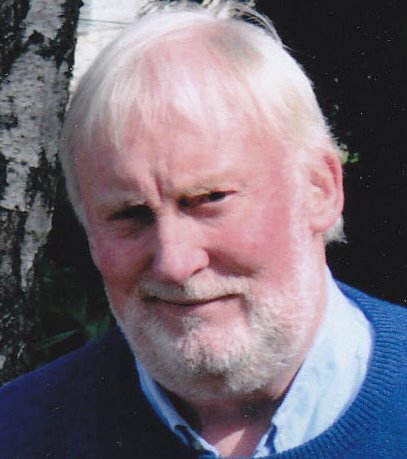 There is an article in today’s Telegraph which reports on research to improve speech recovery after stroke. Researchers have apparently discovered that singing can help regain better communication after severe stroke. For the sake of the many, many stroke survivors out there whose speech has been badly affected, I very much hope that this research can be translated into practical therapy.
There is an article in today’s Telegraph which reports on research to improve speech recovery after stroke. Researchers have apparently discovered that singing can help regain better communication after severe stroke. For the sake of the many, many stroke survivors out there whose speech has been badly affected, I very much hope that this research can be translated into practical therapy.
Singing is a joyful activity and I confess to being a bit of a singer myself. I emphasise “a bit”, though in my time, I have sung in choirs large and small. Only once have I been required to sing solo publicly – this was when I played the part of the Dame in a pantomime in Orkney – in this role, holding a note was less important than holding together collapsing boobs and a ridiculous dress, while all the while dodging missiles thrown from the audience and resisting the temptation to wipe running make-up from my eyes. I now sing regularly in a small choir here on Deeside (no make-up required – no missiles so far). After the stroke, I found singing in a choir not only enhanced my social life – important for all stroke survivors – but the act of singing gradually strengthened my voice, which had become weak and squeaky. To begin with, however, it was a bit of a challenge simply to stand up without collapsing sideways into my fellow basses. I won’t even begin to describe the problem of holding sheets of music with one hand while hitting a note and finding the words.
I hope that as a result of this research, singing therapy can become yet another serious weapon in the fight against the chronic effects of stroke.
There is a wider point here, though, which comes up again and again in stroke research, and it is this: the amazing plasticity and resilience of the brain; its miraculous capacity to compensate for a weakness in one area by developing new and powerful synapses in another.
At the moment in the UK, for every £10 spent on research into cancer, only 75p is spent on research into stroke. We know so little about the brain and its fantastic powers of recovery, that surely we must invest more heavily in this area of research. Who knows what potential therapies we may discover and how much we may be able to help stroke survivors and others with neurological conditions as a result.
In an ideal world, the only limits to research should be the limits of our imagination.
